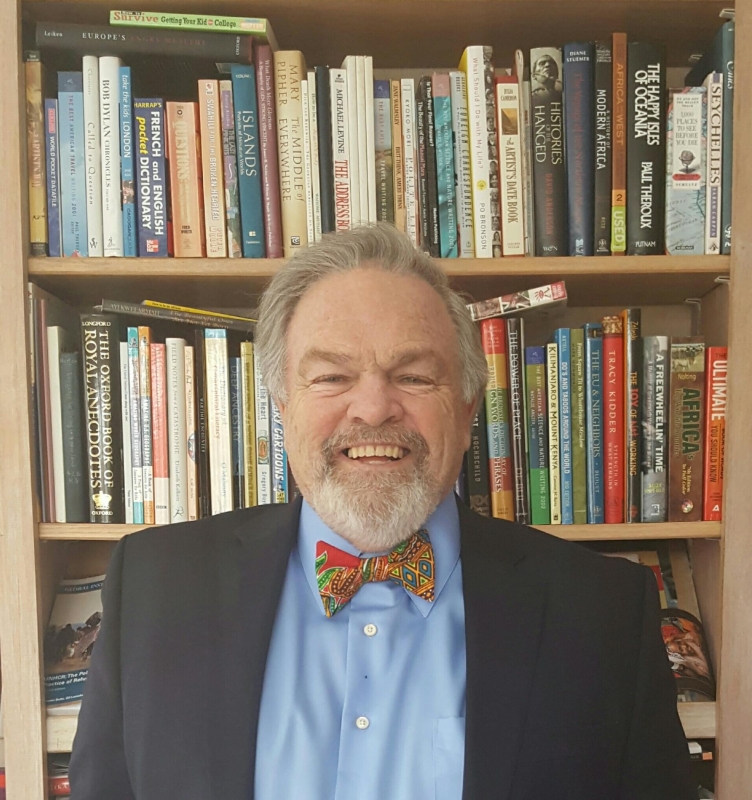Why Africa and Geography Matter
Why Africa and Geography Matter
Two and a half million years ago, humans and animals first converged on the African continent, where mankind formed its first thoughts, sang the first songs, and danced for the first time. Today, Africa is the world's second-largest continent with the second-largest population. It is a continent with the most countries, most languages, longest river, and largest desert on our planet. It is the most physically diverse continent and rivals Australia for the most diverse wildlife, and is rich in diamonds and other precious metals, gold, and oil. Why is it that we generally don't know enough about this continent of superlatives, this cradle of humankind, and why does it matter? Follow longtime expert of the African continent Ed Grode in a lecture that turns a spotlight on a continent underrepresented in geography education.
Location: Jefferson Educational Society - 3207 State Street, Erie, PA 16508
Date/Time: Tuesday, May 2 at 7:00 p.m.
Admission: $10/person or $15 with a guest
Parking: lot behind building, State Street, 33rd Street, 32nd Street, French Street
Ed Grode, M.A., is a former Fulbright Scholar to the United Kingdom, received his master’s degree in American History from the University of Notre Dame. He later went on to serve as principal at Perry, Strong Vincent, and Technical Memorial high schools in Erie, and as the Director of the Institute for Geography Education at Mercyhurst University until his retirement. For close to a decade, he was a board member of the United States Committee for Refugees and Immigrants, visiting refugee camps in Kenya, Rwanda, and Thailand. He has visited the Kakuma Refugee Camp 10 times and is currently working on a history of the camp with his colleague, Dr. Rahul Oka, of the Anthropology Department at the University of Notre Dame.


